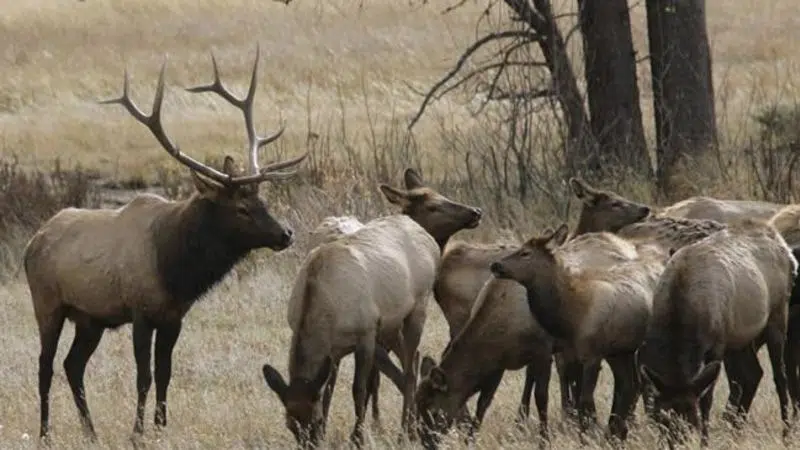
Experts alarmed after deer meat from diseased herd allowed into food system
MONTREAL — The Canadian Food Inspection Agency is exposing the public to unnecessary risk by allowing deer and elk meat from farms affected by a contagious disease to end up on consumers’ plates, a group of experts and advocates say.
Chronic wasting disease or CWD, an infection of the central nervous system similar to mad cow disease that is fatal to deer, elk, reindeer and moose, was discovered on a farm in Quebec’s Laurentians region last August, resulting in a cull of 2,789 red deer.
While the 11 carcasses that tested positive for the disease, as well seven others, were destroyed, the rest were allowed to enter the food system, including some 1,000 young animals that had not been tested because tests aren’t sensitive enough to detect CWD in animals under 12 months of age, according to the Canadian Food Inspection Agency.
The news was a surprise to some experts, including Neil Cashman, a University of British Columbia medical professor who specializes in neurodegenerative diseases spread by prion proteins.


